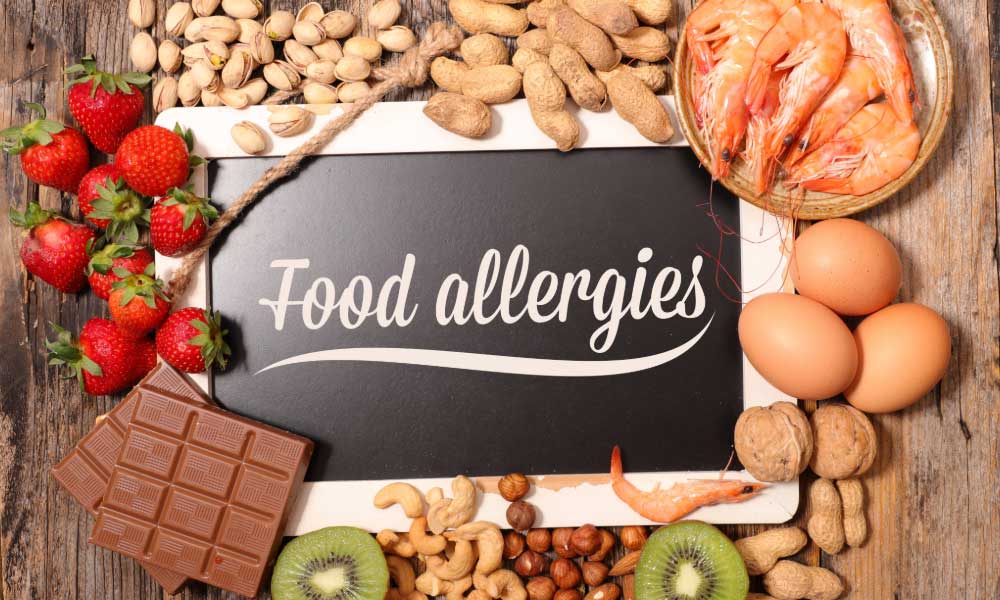Blackberries Description & Health Benefits
- Blackberry is a member of the Rosaceae botanical family which includes numerous fruits, trees, and shrubs. The Rosaceae includes apples, pears, apricots, plums, cherries, peaches, raspberries, strawberries, and almonds.
- Blackberries are an excellent source of vitamin C and manganese and a good source of fiber and vitamin K.
- Vitamin C is a known antioxidant which assists in wound healing and the formation of bones, teeth and cartilage. Vitamin C also increases absorption of iron. By eating foods rich in iron and vitamin C together, you can increase the amount of iron your body absorbs.
- Manganese helps to form connective tissue and bones. It is also necessary for normal brain and nerve function.
- Fiber supports digestive health by preventing constipation. It also helps to reduce weight gain as it makes you feel full sooner, reducing the total amount of food you eat.
- Vitamin K supports bone building and blood clotting.
- Blackberries also contain multiple antioxidants. Antioxidants are defined as chemical compounds that inhibit oxidation. Oxidation can result in damage to our cell membranes and over time may result in certain types of cancer, heart disease, inflammation, and premature aging. Antioxidants assist to neutralize the oxidation process, thus helping to reduce the risk of the above disease processes. Two such antioxidants include anthocyanins and flavonoids.
- Anthocyanins are pigments which give fruits and vegetables there red to blue color. Besides being an antioxidant they also contain anti-inflammatory and anti-cancer properties.
- Flavonoids have shown benefits similar to anthocyanins. They have anti-inflammatory, anti-cancer, and anti-diabetic properties. Flavonoids may also help prevent blood clots and support nerve health.
Purchasing, Selecting, Storing, and Preparing
- Purchase fresh, frozen or dried. Blackberries can also be found in juice, jam, and syrup products.
- Select fresh blackberries that are deep in color, firm, and plump. Avoid those with hulls attached as this is a sign the berries were picked prematurely. Berries do not ripen once picked. Avoid berries with mold growth and those that are crushed or soft.
- Store blackberries unwashed in a single layer on a tray and cover lightly.
- Prepare by rinsing prior to use. Eat raw, use in muffin or pancake recipes, add to oatmeal, cereal or smoothies. You can also make jam, jelly or freeze berries for later.
- To freeze, place blackberries in a colander and dip in a bowl of water to rinse. Rinsing berries under running water may damage their delicate texture. Swish in the water and let water drain. Place in a single layer on a baking sheet and pat dry with a paper towel. Once dry, place blackberries on a dry baking sheet and freeze, once frozen, transfer berries to freezer bags, label with name, amount, and date. Freeze for up to one year.
Nutrition Facts
½ cup raw blackberries
Calories: 31 | Protein: 1.0 g | Fat: 0.35 g | Carbohydrate: 6.92 g | Fiber: 3.8 g | Calcium: 21 mg | Magnesium: 14 mg | Potassium: 117 mg | Vitamin C: 15.1 mg | Folate: 18 μg | Vitamin A: 154 IU
ndb.nal.usda.gov
Recipes
Request an Appointment

